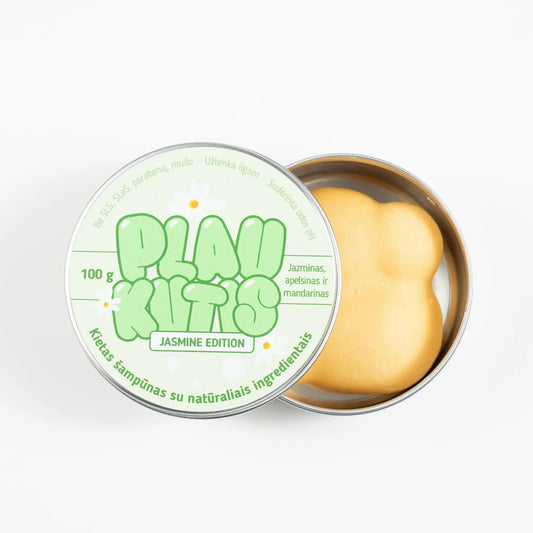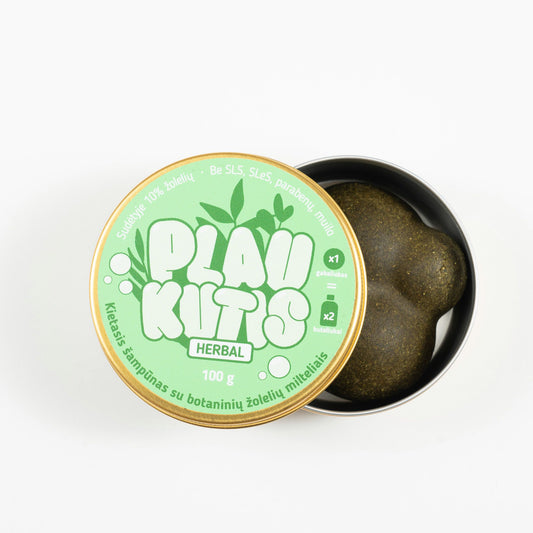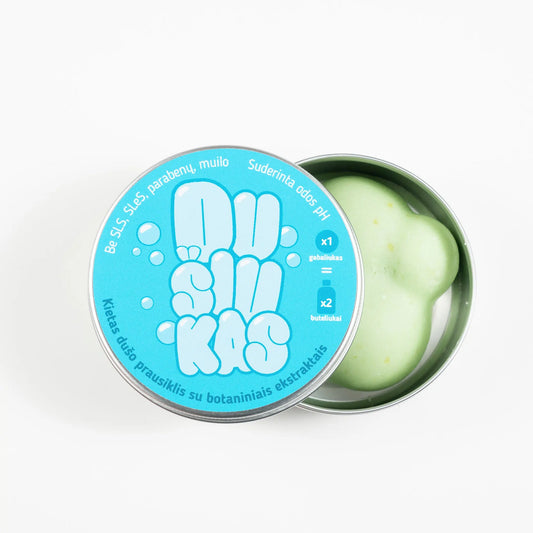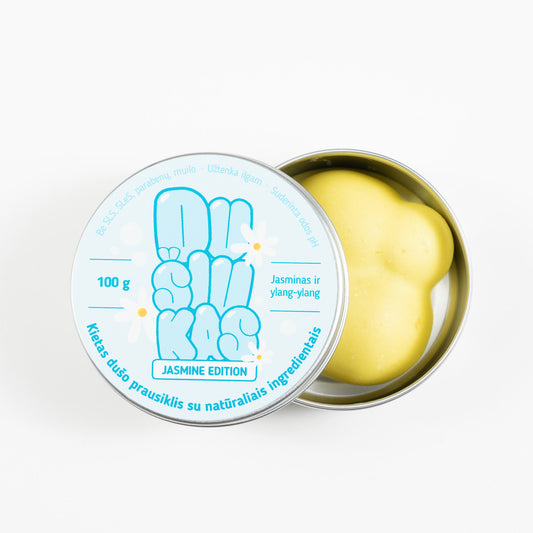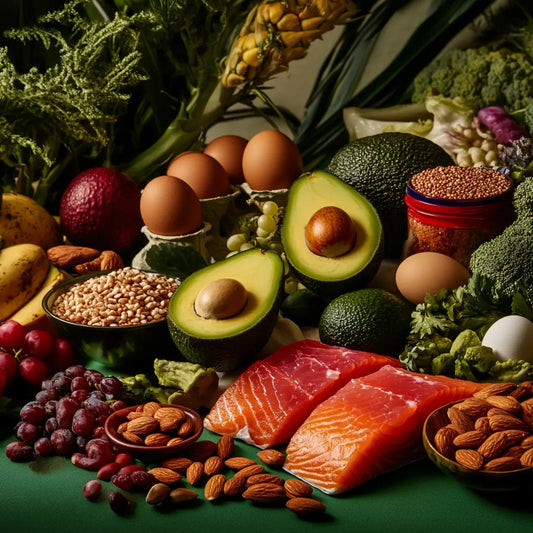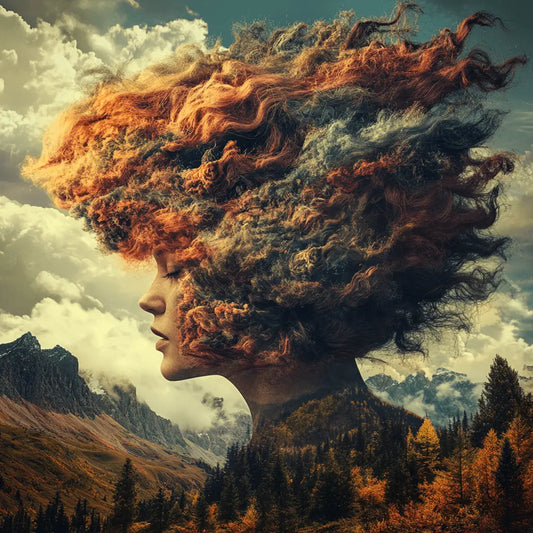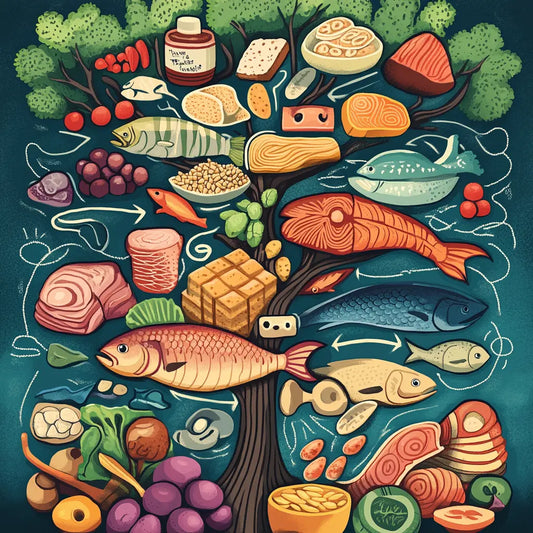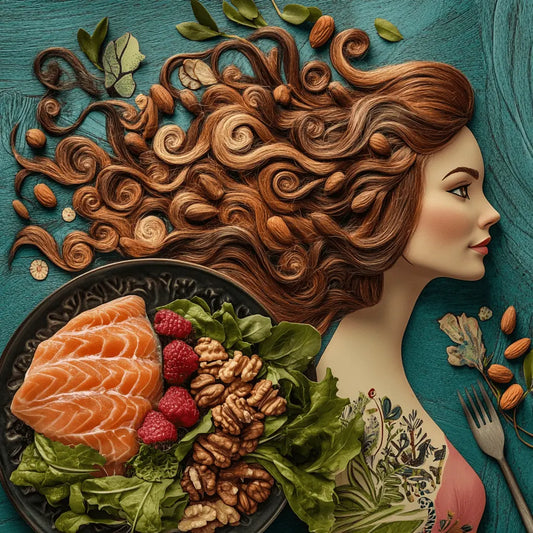Proper hydration is important for overall health, but its importance to hair health is often overlooked. Staying hydrated keeps your scalp healthy and your hair moisturized, strong, and shiny. For women, hydration is essential for hair growth, preventing hair breakage, and reducing scalp problems. In this article, we’ll discuss how hydration affects your hair, what the signs of dehydration are, and how to optimize your water intake for healthier, more vibrant hair.

The importance of hydration for hair
Did you know that hair is made up of about 25% water ? It's true - if your hair doesn't get enough water, it becomes weak, brittle and prone to breakage. Hydration plays an important role in maintaining a healthy scalp and hair shaft.
- Hair Growth and Hydration : Studies show that dehydration can affect the rate of hair growth. A 2017 study by the American Academy of Dermatology found that insufficient water intake can slow hair growth by up to 15% . Lack of water deprives hair follicles of essential nutrients, which can affect hair density and growth rate.
- Elasticity and moisture : Properly moisturized hair is more elastic, which means it is more resistant to combing, styling, and heat. Dehydrated hair becomes brittle and breaks more easily. A study by Procter & Gamble found that moisturizing hair can increase its resistance to breakage by up to 30% .
- Hydration and Scalp Health : Your scalp needs water to stay healthy. Dehydration can lead to dryness, dandruff, and irritation. Interestingly, in the ancient Ayurvedic practice of India, oil massages of the scalp were used to provide additional hydration. This practice is believed to increase blood circulation and moisture, reduce dry scalp problems, and promote hair growth.

Hydration tip:
Aim to drink at least 8 glasses (2 liters) of water each day. You may need more in hotter climates or during vigorous exercise. The Institute of Medicine recommends drinking about 3 liters (8.5 cups) of water each day for men and 2.7 liters (8.5 cups) for women to stay hydrated.
How hydration supports scalp health
Your scalp is the foundation for healthy hair growth, and it functions best when it’s properly moisturized. A dry scalp often leads to irritation, inflammation, and dandruff. But why is hydration so important for your scalp?
- Delivering nutrients to follicles : Hydration promotes better blood circulation, which delivers essential nutrients to hair follicles. This ensures proper nutrition and healthy hair. A 2018 study on the effects of hydration on the skin and scalp showed that adequate water intake increased the thickness of the dermal layer of the scalp, improving follicular support.
- Sebum regulation : Your scalp produces sebum , a natural oil that coats your hair and helps retain moisture. Dehydration can cause an imbalance, making your scalp too oily (oily hair) or too dry (dry hair). In Traditional Chinese Medicine (TCM), moisturizing has long been considered a way to maintain the balance of yin and yang in the body’s fluids, including sebum production, for optimal hair health.

Tip for scalp health:
Use moisturizing shampoos and massage your scalp regularly to improve blood circulation. Massages promote the delivery of nutrients to the scalp, while moisturizing products help maintain skin balance.
The role of hydration in hair moisture
Hydration isn't just about drinking water; it directly affects how your hair retains moisture. Well-hydrated hair has better texture, shine, and strength .
- Moisture Barrier : Hair moisture depends on internal hydration of the hair shaft and external oils produced by the scalp. The International Journal of Cosmetic Science showed that moisturized hair has 40% more water content in the cuticle, which helps maintain softness and reduce frizz.
- Frizz Control : Moisturized hair responds better to humid conditions. If your hair is already properly moisturized, it is less likely to absorb excess moisture from the environment, which reduces frizz. Southeast Asian cultures have long embraced water-based hair care products to combat frizz, such as using aloe vera as a natural moisturizer.
- Shine and Radiance : Moisturized hair reflects light better, giving it a natural shine. Without moisture, hair loses its shine, looking dry and tired. In Japanese beauty rituals, hair hydration is often maintained with a rice water rinse to enhance hair shine.
Hydration tip:
Use leave-in conditioners or serums that contain glycerin or hyaluronic acid . These ingredients help attract moisture to the hair shaft and lock it in.
Signs of dehydration and its effects on hair
Dehydration affects your hair just like it does the rest of your body. By recognizing the signs early, you can take steps to improve your hydration habits and prevent serious damage.

Signs of dehydration in hair:
- Dry, brittle hair : If your hair feels rough and breaks easily, it could be a sign of dehydration.
- Lack of shine : Dehydration causes hair to lose its natural shine and appear dull.
- Hair loss : Dehydration weakens the hair shaft, leading to increased hair loss and breakage.
- Split ends : When hair lacks moisture, split ends are more likely to occur.
- Dry scalp and dandruff : Dehydration can lead to dandruff and dry scalp.
Herbal teas and infused waters for hair health
Besides drinking water, there are many other ways to ensure your hair is adequately hydrated. Herbal teas and infused waters are a great way to supplement your diet to improve the condition of your hair.
- Herbal teas : Drinking chamomile , mint , or rosemary teas not only helps maintain proper hydration, but they also have positive effects on hair. For example, chamomile tea is known as a natural remedy for reducing hair breakage and promoting hair growth.
- Infused waters : Infused waters, such as cucumber or lemon water, can help detoxify the body and promote better hair growth. These infused waters are not only refreshing, but they also help reduce inflammation and improve the condition of the skin, including the scalp.

Frequently asked questions
1. How do I know if my hair lacks moisture?
If your hair feels dry, brittle, or lacks shine, it could be a sign of a lack of moisture. Another sign is split ends and increased hair loss.
2. Can too much water damage my hair?
Too much water can cause hyponatremia , but this is rare. The key is to maintain balance and drink the recommended amount of water per day.
3. Can I use herbal teas instead of water to moisturize my hair?
Herbal teas are a great additional source of hydration, but they shouldn't completely replace water. Both can help improve hair condition.
4. What products help maintain hair moisture?
Use moisturizing shampoos, conditioners, and leave-in products with hyaluronic acid or glycerin to retain moisture in your hair.
5. How quickly can I notice an improvement in the condition of my hair after moisturizing?
Results are usually seen within a few weeks of consistent moisturizing, but much depends on individual hair condition and care habits.

Conclusion
The importance of water for hair is often overlooked, but it is a key factor in achieving healthy, shiny hair. Try to drink enough water, use moisturizing hair products, and watch for signs of dehydration. Don’t forget to enjoy herbal teas and infused waters to replenish your body with moisture and improve the condition of your hair.
